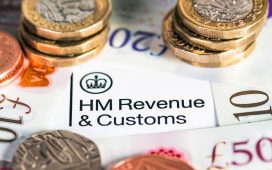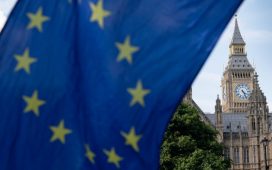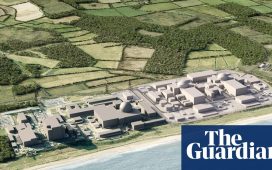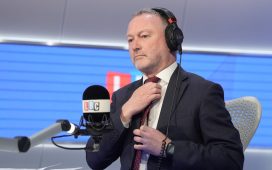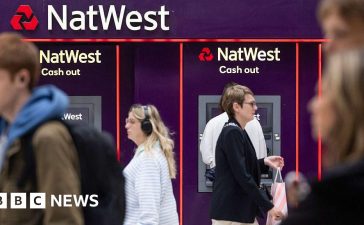Unlock the Editor’s Digest for free
Roula Khalaf, Editor of the FT, selects her favourite stories in this weekly newsletter.
Sir Keir Starmer on Monday called on global investors to unleash the “shock and awe of investment”, as he vowed to “rip up” Britain’s bureaucracy and tell regulators to prioritise growth.
Opening an investment summit in London, Starmer insisted the UK was open for business after the political “circus” that followed Brexit and declared: “You have to grow your business, I have to grow my country.”
Starmer told the meeting at London’s Guildhall he would tell regulators the “key test of regulation is of course growth” and that ministers would back cutting-edge sectors through a new industrial strategy.
The UK premier depicted the summit as a key moment in reviving the country’s global standing. “We are determined to improve it and repair Britain’s brand as an open, outward looking, confident, trading nation,” he said.
Starmer said this had been called into question after the “circus” that followed the 2016 Brexit vote, saying that the previous Conservative government’s tone had suggested it was anti-business and hostile to the EU.
He warned that, without an improving economy, there would be no return to the “great moderation” that preceded the 2008 global financial crash. “It’s not just that stability leads to growth — it’s also that growth leads to stability,” he said.
The summit has been partially overshadowed by the new government’s first Budget on October 30. Labour is expected to raise business taxes, while Starmer has been accused by corporate leaders of talking down the country in his first months in office.
Starmer insisted he would take quick action to repair the country’s public finances and start to improve its public services. He said without such action there would be no stability, which would lead to the “misting up of the shop window” of Britain as an inward investment location.
Business leaders have expressed concern at Starmer’s early move to create a raft of new workers’ rights, but the prime minister insisted: “Workers with more security in work, higher wages, is a better growth model for this country.”
On removing obstacles to growth, Starmer said: “We will rip up the bureaucracy that blocks investment . . . and we will make sure that every regulator in this country, especially our economic and competition regulators, takes growth as seriously as this room does.”
He added: “We have a golden opportunity to use our mandate, to end chop and change, policy churn and sticking plasters that make it so hard for investors to assess the value of any proposition.”
Starmer is rolling out the red carpet for more than 200 leading executives, who are attending a day of speeches and meetings in Guildhall before moving on to a reception at St Paul’s Cathedral, attended by King Charles.
At the end of the one-day summit, the government is due to unveil commitments from the private sector to invest more than £50bn into the economy — across artificial intelligence, life sciences and infrastructure.
The pledges expected to be made include £24bn of green investment unveiled last week, which included some projects that had already been announced. The sum also includes a £20bn investment from Australia’s Macquarie group that will include an electric car-charging network and offshore wind projects.

On Starmer’s criticism of regulators, officials and industry are concerned that the UK’s Competition and Markets Authority has stopped or slowed deals, denting Britain’s reputation overseas, and making the government appear “anti-tech”.
The boss of Activision accused Britain of being “closed for business” after Microsoft’s takeover of the gaming group was initially blocked, while an investigation into Amazon and AI company Anthropic earlier this year that was ultimately dropped was viewed poorly internationally.
The previous Conservative government last year set the CMA a remit to “support investment, innovation and growth by promoting competitive markets”, but Downing Street said the plans were never put into action.
Former Google chief executive Eric Schmidt said in a panel with Starmer that he had been “shocked” when the Labour party said it was prioritising economic growth.
But he warned that the challenge facing Starmer was to move officials from nodding and listening to businesses to implementing the changes needed.
The build-up to the summit was inauspicious for Starmer. The Financial Times reported last week that a handful of chief executives had been wavering over attending, with organisers criticised for disorganisation.
The government was briefly thrown into disarray on Friday following a report that port operator DP World could delay a £1bn investment pledge after a senior minister lambasted its subsidiary P&O. Downing Street distanced itself from a comment by transport secretary Louise Haigh encouraging people to boycott the business.
On Monday the company announced it would invest £1bn into its London Gateway port terminal in Essex.

